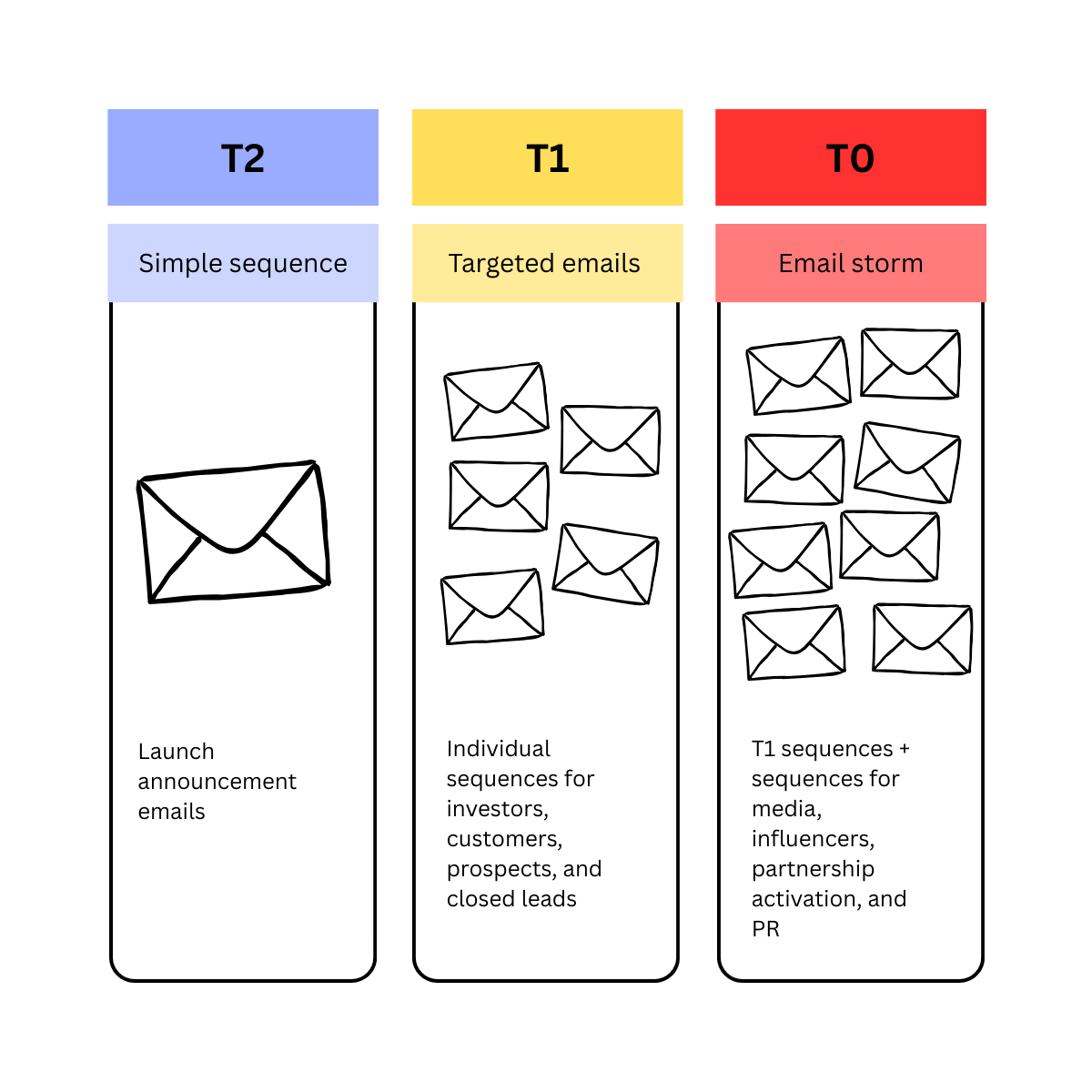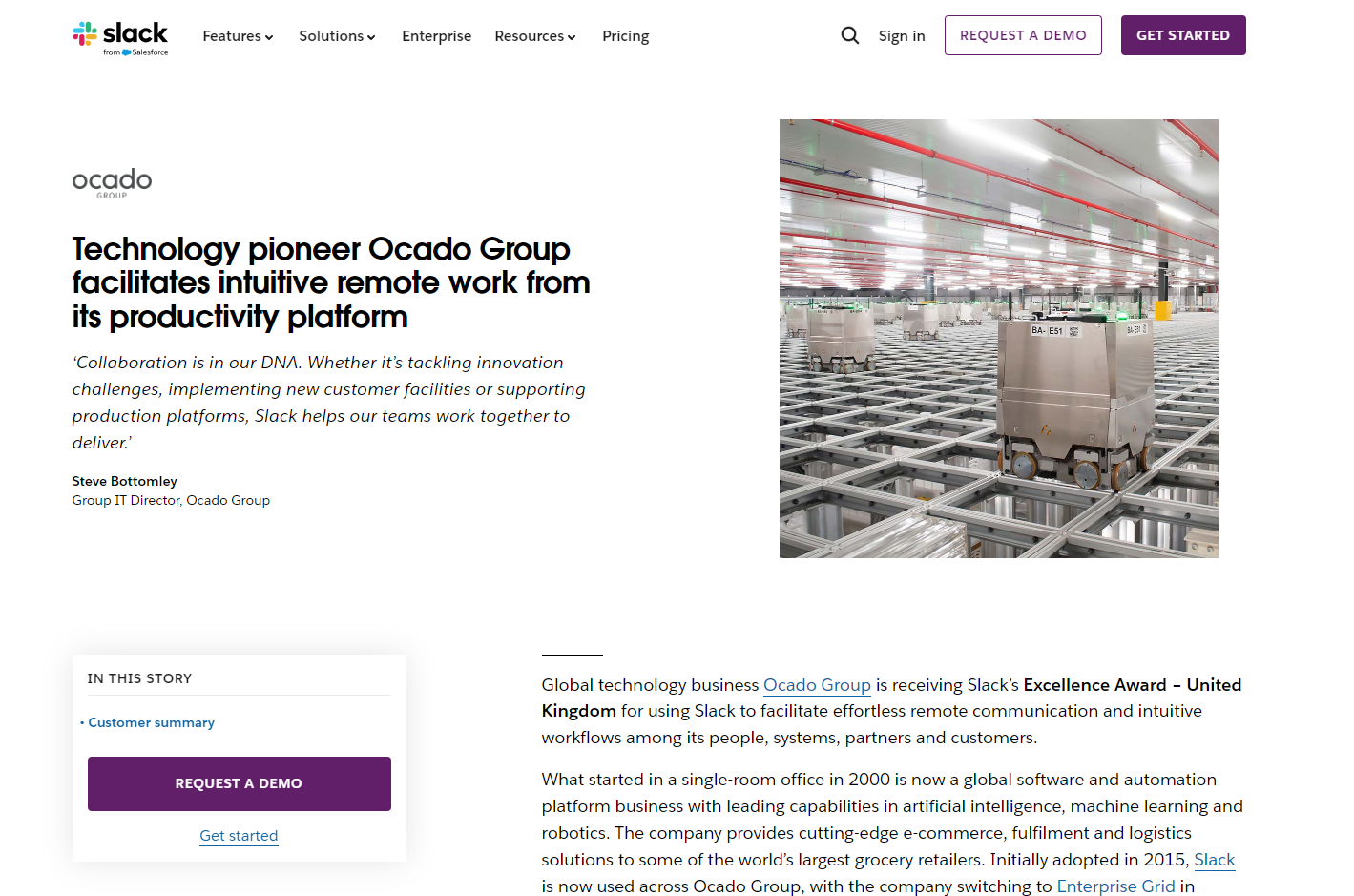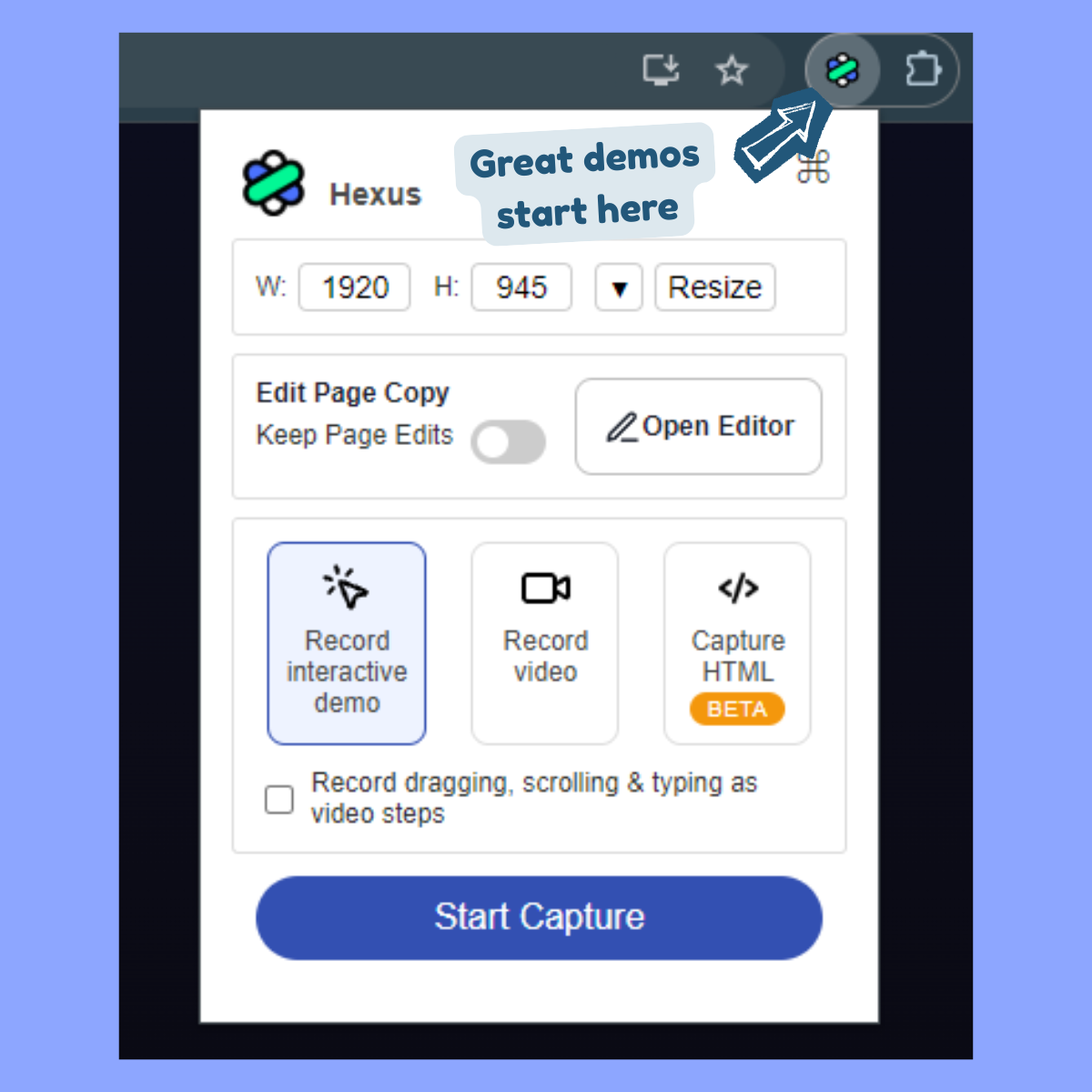Why Hexus Is the Future of Product Demo Automation
.png)
As an ever-growing world full of omnipresent competitive businesses that thrive with a short span for getting attention, the way of projecting a product into the sales funnel is the main decision. Live walkthroughs, one-on-one calls, or generic video presentations are worn-out methods getting inefficient and unsustainable, especially for SaaS companies looking to scale. In comes Hexus, a power platform that, in fact, defines the product demo automation.
Hexus is a paradigm shift and not merely a tool. It uses automation and personalization to allow interactivity between a company and its prospects and customers in the act of product demonstration. In a full-fledged blog, we will explore lectures about Hexus being the unchallenged fate of product demo automation. Hexus is breaking free from the shackles of legacy demos to open doors towards new heights of engagement, thus serving as an ever-present ally for every industry pre-sales, marketing, and customer success team.
The Problem with Traditional Product Demos
Before the understanding of the Hexus transformative effect, let's look into what is broken in the current product demo scene:
1. Liveness does not scale
Live demos are resource-intensive and must have either a sales engineer or an account executive present in real time. This limits not just the number of demos they can deliver in a day but also impedes the entire sales cycle with those interruptions. Scheduling conflicts, time-zone mismatches, or no-shows add insult to injury.
2. Generic Video-Demos Are Not Interactive
There are some companies that try to replace the live demos with recorded ones, but recorded video demos do not really work. These videos are static versions or generalized versions of live demos and don't provide answers to questions being asked in real time. They don't adapt to the individual needs of the prospect, the industry, or use cases at hand.
3. Long Sales Cycles and Drop Outs
When potential clients are unable to grasp the value of your product at once, they lose interest. Lag time between request and eligible demo causes people to drop out, which is further accelerated by fast-paced B2B environments. Or the conversions become fewer, the leads are wasted, and the funnel underperforms.
4. Inter-Functional Misalignment
Sales, marketing, and product teams often work in silos. Marketing might focus on lead generation while sales finds it difficult to communicate the right value proposition because of inconsistent messaging. Without a demo experience that is standardized, yet flexible, the user journey unfortunately suffers.
Introducing Hexus: A Game-Changer in Demo Automation
Conversely, Hexus being the real next generation demo automation platform creates interactive, personalized, and scalable product experiences without the interference of a live presenter. It vanquishes the inefficiencies; meanwhile, here is what sets Hexus apart:
1. The Interactive Product Walkthroughs
Hexus allows businesses to generate immersive product experiences that take users by the hand as they interact with the platform-as-if-it-was-live. You can compare this to an interactive tour of the product without someone actually needing to log into the real product interface. These walkthroughs mimic the actual interface of your product and really simulate some prime workflows, enabling prospects to try their product before buying it.
2. Personalized Demo Experiences
Different strokes for different folks. With Hexus, you can set up different demo flows to align with particular personas, industries, pain points, or customer journey stages. For example, a CFO may be shown a financial analytics dashboard, while a CMO is seeing campaign performance tools-all occurring inside the same product with no requirement for code.
3. Self-Serve, On-Demand Access
Buyers today want to learn about a product whenever it suits them. Hexus allows you to embed self-serve demos on your website, landing pages, or in email sequences. This is so that prospects can interact with your product at any time, reducing time to value and hastening the actual decision-making.
4. No Engineering Dependency
Endless iterations and updates are a thing of the past requiring the dev teams. Such small adjustments are made with drag-and-drop simplicity thanks to Hexus. From design to update of demos, sales and marketing can do it all on their own. This boosts agility and ensures faster go-to-market deployment.
5. Robust Analytics and Insights
Hexus tracks each and every click, providing a deep insight into user behavior: which features they explored, where they dropped off, and how long they spent in different sections. Hexus uses this data to improve demos, customize follow-ups, and boost conversion rates with actionable insights.
Strategic Advantages of Deploying Hexus
Breaking down Hexus impact against each domain:
For Sales Teams
- Reduce Time-to-Demo: Deliver instantly to leads bespoke demos.
- Improve Lead Qualification: Allow leads to try out the product independently so that one could be sure that they have intent when sales get involved.
- Focus on High-Value Deals: Automate the demos in the early phase so that reps can concentrate much more on closing.
For Marketing Teams
- Further Convert Campaigns: Embed product demos into the email campaign and landing pages.
- Identify More Qualified Leads: Utilize demo interactions as behavioral signals for scoring and nurturing.
- Show, Don’t Tell: Replace feature pages with vague terms with interactive demos.
For Product Teams
- Get Actual Feedback on Features: Observe how users interact with certain features that are simulated before the full development of the features.
- Test New UX Flows: Immediately prototype product ideas without writing code.
- Collaborate on Positioning: Make sure that product to-market fit is maintained by displaying the right features to the right personas.
For Customer Success and Onboarding
- Accelerate Onboarding: Use interactive demos to walk new users through key workflows.
- Reduce Support Tickets: Answer the most common questions users have in advance.
Real-World Impact: Use Cases That Prove the Hexus Edge
1. Start-Ups SaaS: Punching Above Their Weight
Startups without sales teams tend to be small, yet they have to impress investors, clients, and partners. Hexus gives these smaller companies a means to put together their end-to-end product experience, even if the backend isn't yet fully developed. The bigger patterns for this are pre-launch, fundraising, and MVP.
2. Enterprise Sales: Winning the Big Deals
In the case of enterprise sales into large organizations where lots of stakeholders exist, Hexus promises consistency and customization. Different departments shall go through exactly the same product but through different customized demo journeys. This would help in securing their consensus and shortening the enterprise sales cycles.
3. PLG Companies: Augmenting PLG
When users can generate value exploration for themselves, product-led growth facilitates a great inquiry. Hexus further takes the PLG by offering a try-before-sign-up experience that increases conversion rates and reduces acquisition funnel friction.
4. Agencies and Consultancies: Selling the Custom Solutions
While building a custom dashboard or custom platform for his/her clients, Hexus can be used to simulate the finished product. This increases client confidence and speeds the deal signing since clients will not have to wait for the full builds.
Hexus vs Other Demo Automation Tools
While the product demo automation space has seen a surge in tools, Hexus holds distinct advantages over traditional platforms:
Hexus stands out not only for its feature depth but for how seamlessly it integrates into go-to-market strategies. It doesn’t just serve one team—it enables holistic product storytelling across the funnel.
The Technology Behind Hexus
The Hexus Technology stack is powered by:
- Dynamic Front-End Simulation: Recreating fairly any product interface to give an experience mimicking the live one.
- Behavioral Tagging Engine: Track, segment, and respond to users' actions in real-time.
- AI-Powered Demo Personalization: Recommending the next step or variation of the demo depending on observed engagement patterns.
- Security-First Architecture: Putting in place considerations for enterprise-grade compliance with data safety standards like GDPR and SOC 2.
Versatility, ease of use, in addition to security, make Hexus really future-proof and enterprise-ready.
The Horizon for Hexus: The Vision
Well into this century, Hexus remains way beyond product demos on the horizon. It considers an extension in which every interested party in the business gets an instant insight into what value the product actually carries.
Some of the developments that will go on the horizon are:
- AI-Generated Demos: Generate demo scripts and flows automatically from buyer personas and industry keywords.
- CRM and Marketing Automation Integrations: Automatically trigger demos from Salesforce, Hubspot, or Marketo workflows.
- Real-Time Sales Alerts: Alert reps when high-intent users interact with specific demo elements.
- Voice-Guided Tours: Automated demos get a human voice explaining the steps to users.
Hexus aims to be the standard operating system at product storytelling. If you're in SaaS, fintech, healthcare, or edtech, and you want to explain your product to someone, then Hexus will be your reference tool.
The Demos Revolution Is Here, Finally!
Hexus is not merely a software platform. Rather, it shifts the mindset from reactive, one-time demos to proactive and scalable product experiences. It favors companies who want to give their targets demos that are personalized, on-demand, solidly data-driven.
As the buyer's journey becomes more digital, self-directed, and fast-paced, businesses need to meet prospects where they're at, with tools that work at scale, adapt to the context, and communicate value instantly.
Hexus cross-connects product, sales, and marketing, thus breaking down silos for unified customer experiences. For companies looking to grow faster, reduce churn, and maintain their relevance amid the noise-Hexus is a must, not an option anymore.





.png)

.png)